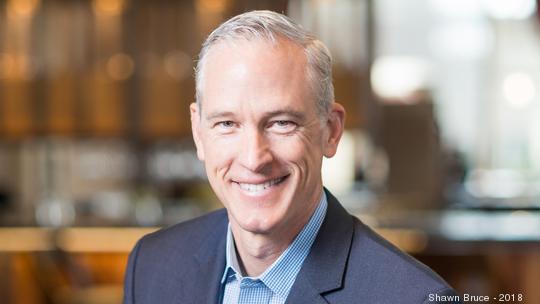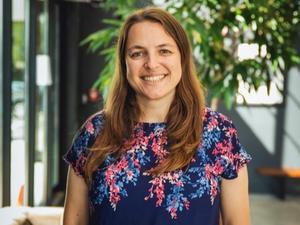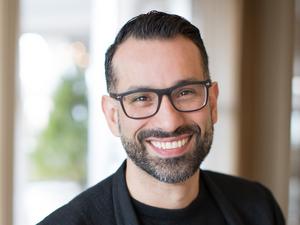Several of the companies on our 2022 Startups to Watch list said they plan to raise fresh funding this year. That means they’ll pitch their startups to investors in hopes of securing financing.
Given that, as part of our 2022 Startups to Watch feature, we asked three St. Louis venture investors their opinions on what makes a startup one to watch and how they assess investing in promising companies.
We posed our questions to the following:
- Brian Hopcraft, managing director and general partner of Lewis & Clark Ventures, a Clayton-based venture firm that backs technology startups and provides investments in the late seed to Series B stage.
- Brian Kinman, chairman of the St. Louis Arch Angels, an independent network of angel investors that makes seed and early stage investments.
- Frank Hopper, managing director of Capital Innovators, a St. Louis-based accelerator program that makes seed and Series A venture investments.
From your perspective, what attributes make an early stage company a “Startup to Watch”?
Hopcraft: As venture investors, we are always focused on the founder(s) and the market. Which is more important is one of those endless debates in the venture industry. The founder, or the founding team, may be the sole reason why a company is a "startup to watch." Do they have strong founder/market fit, meaning do they have relevant and deep experience in the sector or domain of their company. Do they have prior experience in startups? Past successes? All those things are factors we look at. From a market standpoint, we're looking for large markets and some type of differentiation. The perfect storm is when you have an experienced founder with a very differentiated product in a large market.

Kinman: Good Leadership. Everything stems out from the leadership team. The founder needs to have either demonstrated success in the industry, or at least a strong understanding of the industry. If he doesn’t have that he needs to be willing to hire someone to lead his company. A coachable founder is also key because no one will be an expert in every area.
A specific focus for the product or service. We do not like companies that start out with multiple avenues to go down. We’d prefer them to be focused on one thing, do that successfully and then grow from there. The team should be able to explain clearly one problem the product solves or how it improves on the current option.
The startup must be clear on who is their customer. This should include knowing why their customer will be willing to purchase their product/service (as well as why they might not). This focus will help them create the plan to turn their idea and product into a real business. To be successful, they must demonstrate that they know their customer inside and out.

Hopper: There are a couple of things that I think about here. At this stage, the first thing I look for is a strong founder with a background in the vertical and a track record of success. I love it when founders have lived through the pain of the problem they are solving. Then I look at traction and growth. It starts with product-market fit, then continues with consistent, rapid revenue and sales pipeline growth. Finally, we need to see alignment with current trends, and riding tailwinds are an excellent signal for eventual success.

As you identify promising startups to add to your own portfolio, are there specific metrics or benchmarks you consider a must-have if you’re going to back a company?
Hopcraft: At Lewis & Clark, we invest in technology companies that have customers and revenue. We're not seed investors backing an idea that has not generated revenue yet. The companies we invest in have anywhere from $500,000 of revenue to $3 million to 4 million-plus in revenue. The metrics or benchmarks tend to be around their go-to-market; customer acquisition costs, sales marketing efficiency, lifetime value, etc. We also like to see capital efficient businesses.
Kinman: Because we invest in early-stage, this is difficult to answer. We invest in a lot of industries and each has a different starting point and path to success. We tend to want to understand metrics mostly when judging whether the terms of the deal are reasonable or not. And that is industry by industry.
Hopper: We are looking for benchmarks more than specific metrics at this stage. We need the product or technology to be mostly developed and ready for customer use and some form of evidence that customers are willing to pay for the product.












